Directory
- Share
Sarah Nicholls
- Scholar-elect
- United States, United Kingdom
- 2025 PhD Medical Science at the Cambridge Institute for Medical Research
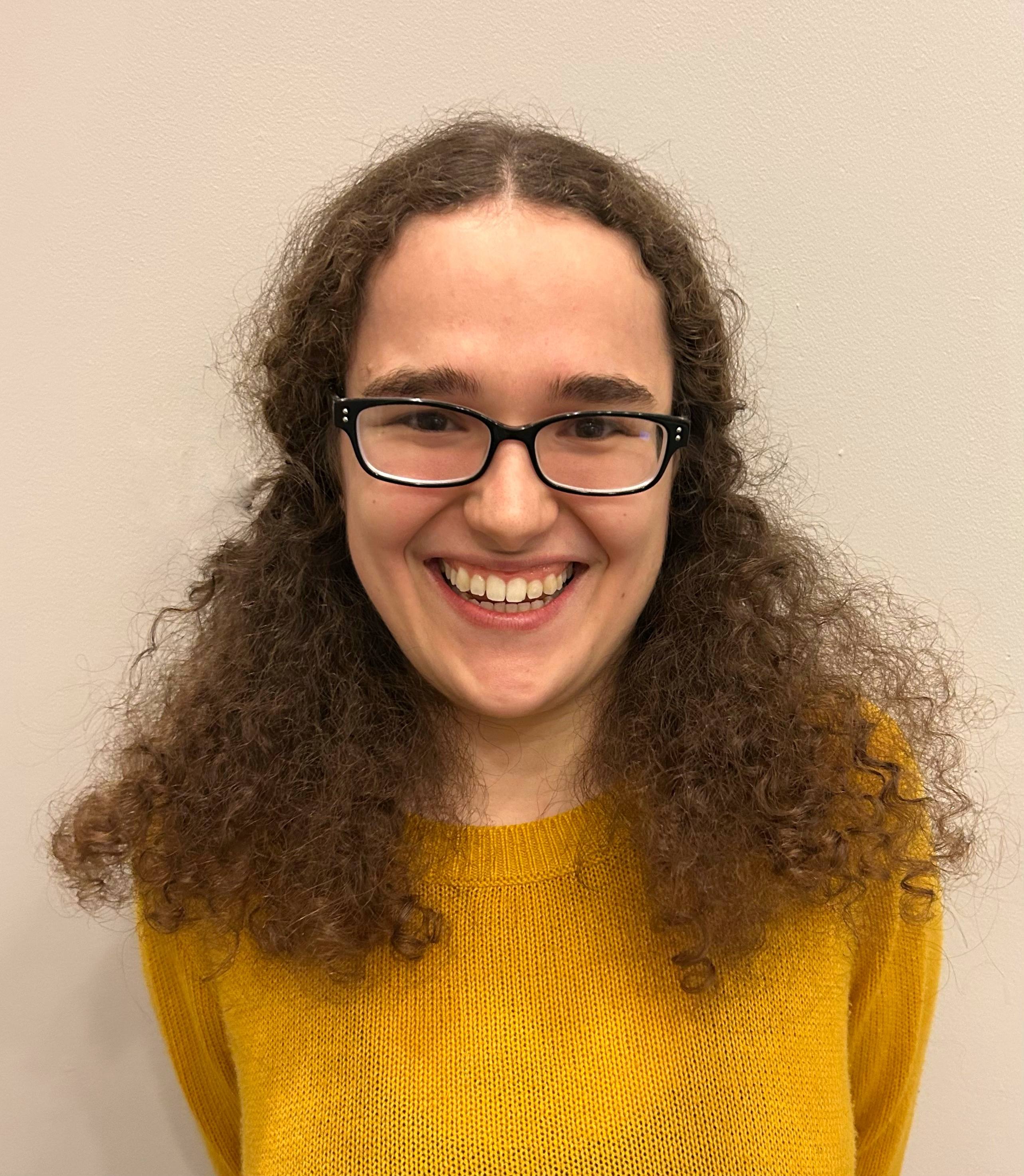
Sarah Nicholls
- Scholar-elect
- United States, United Kingdom
- 2025 PhD Medical Science at the Cambridge Institute for Medical Research
As an undergraduate in the Honors BSc program in biochemistry, molecular and cellular biology at the University of New Hampshire, I worked as a research assistant in Dr. Matthew MacManes’ evolutionary genomics lab, which sparked my passion for neurogenomics. Further coursework in pathology and cell biology inspired me to join the biomedical sphere to contribute to clinicians’ support of their patients. As a Gates Cambridge Scholar, I am pursuing a PhD in Medical Science under Dr. David Rubinsztein, where I will use a synthetic lethality genome screening to determine the molecular interactions of the protein tau, which is implicated in Alzheimer’s disease (AD) and other neurodegenerative conditions. This work will help make tau-based treatments for AD safer and more effective, which could benefit more than 55 million people suffering from the disease worldwide. As a firm believer in the positive impacts of science communication, I am honored to have the opportunity to work with other Gates Cambridge Scholars to help make research from across all fields more accessible. In my free time, I am also passionate about literature and the performing arts, and I am thrilled to become a member of such a vibrant, interdisciplinary community.
Previous Education
University of New Hampshire Biochemistry
Nicole Occidental
- Scholar-elect
- United States
- 2025 PhD Medical Science at the MRC Cognition and Brain Sciences Unit
- St John's College
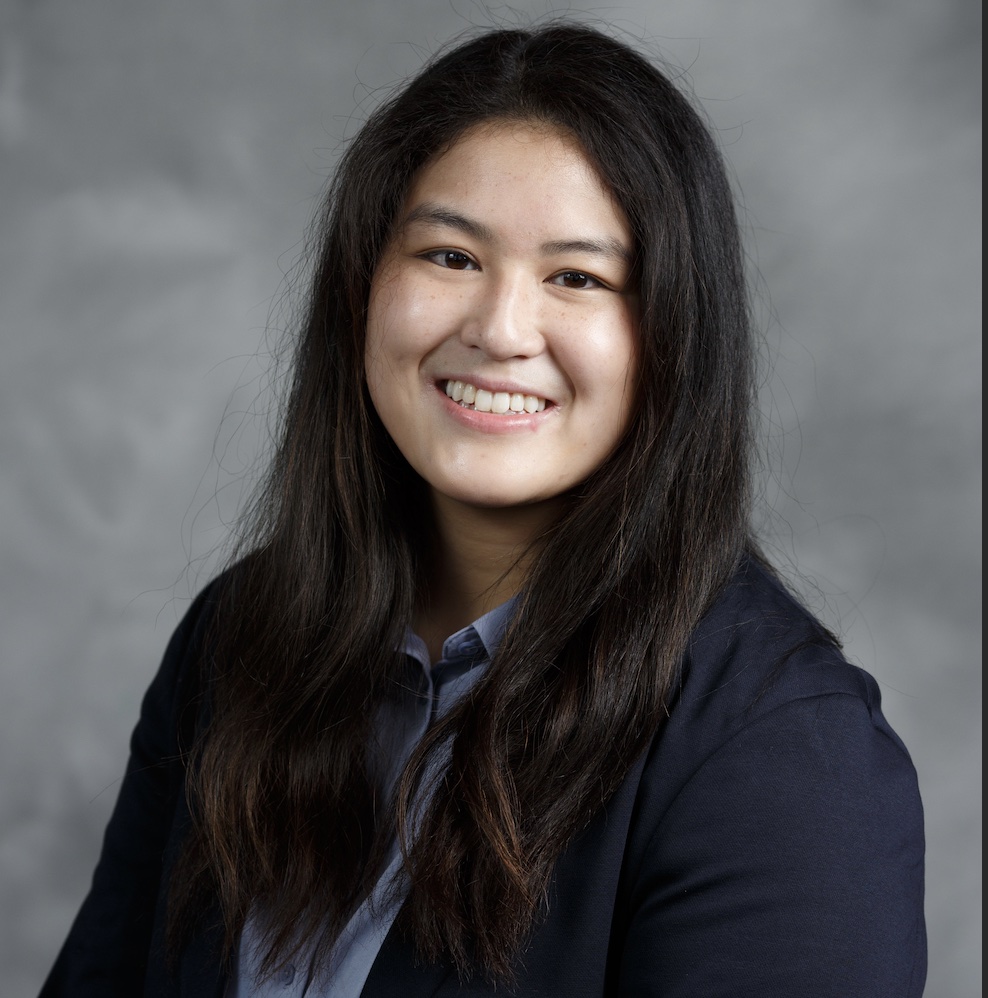
Nicole Occidental
- Scholar-elect
- United States
- 2025 PhD Medical Science at the MRC Cognition and Brain Sciences Unit
- St John's College
I completed my undergrad in Behavioral Neuroscience at Northeastern University and my Master’s as a Fulbright grantee in Cognitive Neuroscience at Maastricht University in the Netherlands. I am currently an MD/PhD student at the University of Arkansas for Medical Sciences. During my academic journey, I have researched topics ranging from exercise’s effects on cognition to the neural mechanisms underlying social behaviors to quantifying inter-subject and inter-session fMRI variability. Inspired by the children I now help treat, I aim to build on my past research and clinical experiences by pursuing a PhD in Medical Science at Cambridge’s MRC Cognition and Brain Sciences Unit. There, I will investigate the relationship between electrophysiological findings, clinical phenotypes, and connectivity profiles underlying neurodevelopmental disorders linked to synaptic vesicle cycling genes. My goal is to become a physician-scientist who bridges international neuroscience research and pediatric care, translating research into therapies that improve the lives of children with neurodevelopmental disorders. I am honored and excited to work with my fellow Gates Cambridge scholars to create meaningful, global change in our respective fields.
Previous Education
Northeastern University Behavioral Neuroscience
Maastricht University Cognitive Neuroscience
UofA for Medical Sciences Medicine
Emma Powers
- Scholar-elect
- United States
- 2025 MPhil Medical Science at the Department of Oncology
- Churchill College
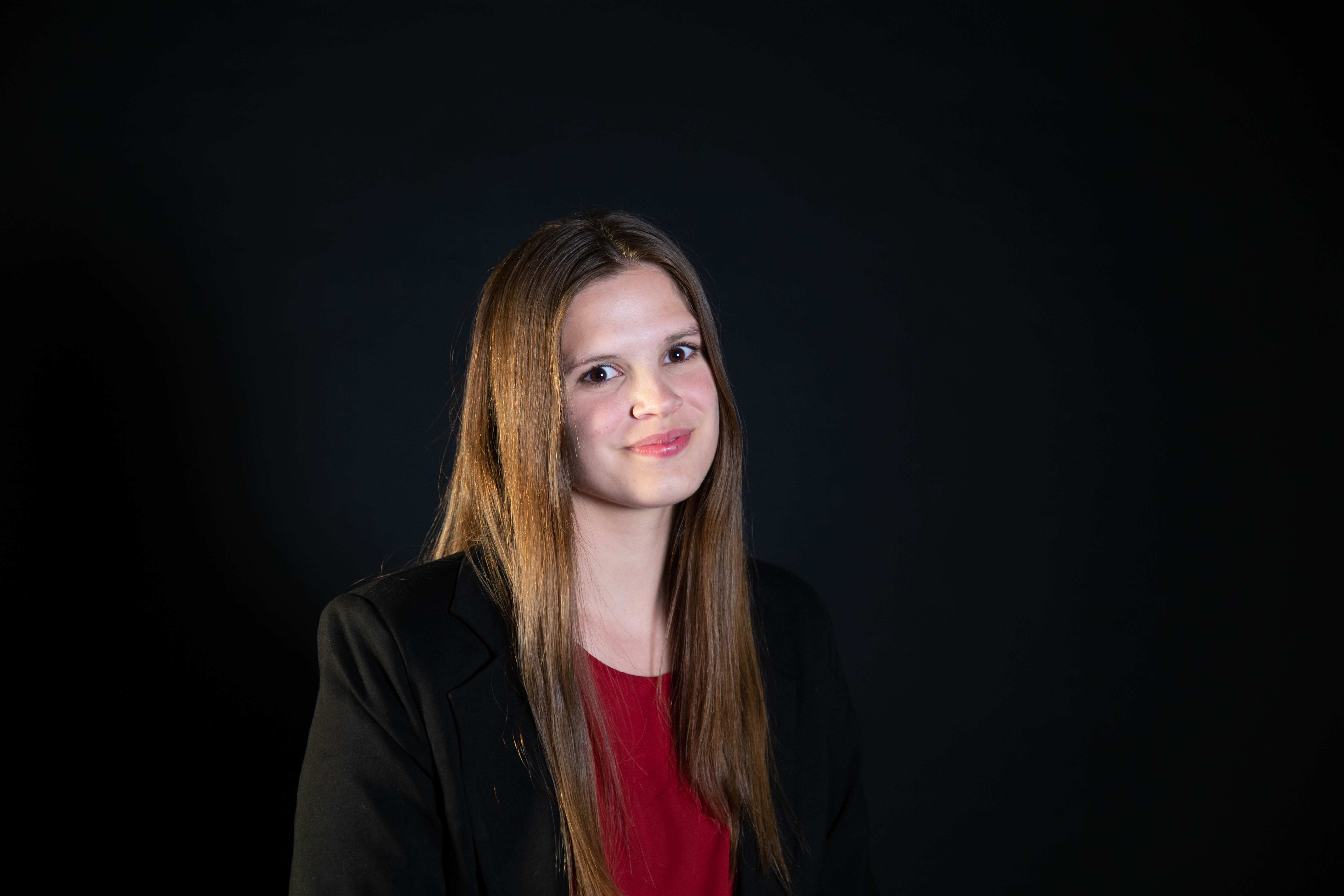
Emma Powers
- Scholar-elect
- United States
- 2025 MPhil Medical Science at the Department of Oncology
- Churchill College
Originally from Minneapolis, Minnesota, I majored in Biochemistry with a minor in Data Science at the University of Notre Dame. During my undergraduate research, I became interested in identifying and developing novel cancer therapeutics to improve patient outcomes and quality of life. At the University of Cambridge, I will complete an MPhil in Medical Sciences for Oncology in Dr. Rebecca Fitzgerald’s group at the Early Cancer Institute. My project will use patient-derived organoids to identify key genes and explore potential therapeutic avenues in hereditary diffuse gastric cancer (HDGC). This research will provide a further understanding of the key molecular pathways driving this cancer to provide a better idea of how to slow or prevent the progression of HDGC. Engaging in this research, I aspire to contribute significantly to improving the prevention of HDGC and advance my scientific skill set throughout my predoctoral experience. I am honored to enter the esteemed Gates Cambridge Community and look forward to beginning my work.
Previous Education
University of Notre Dame Biochemistry
Ava Quasney
- Scholar-elect
- United States
- 2025 MPhil Architecture and Urban Studies
- Magdalene College
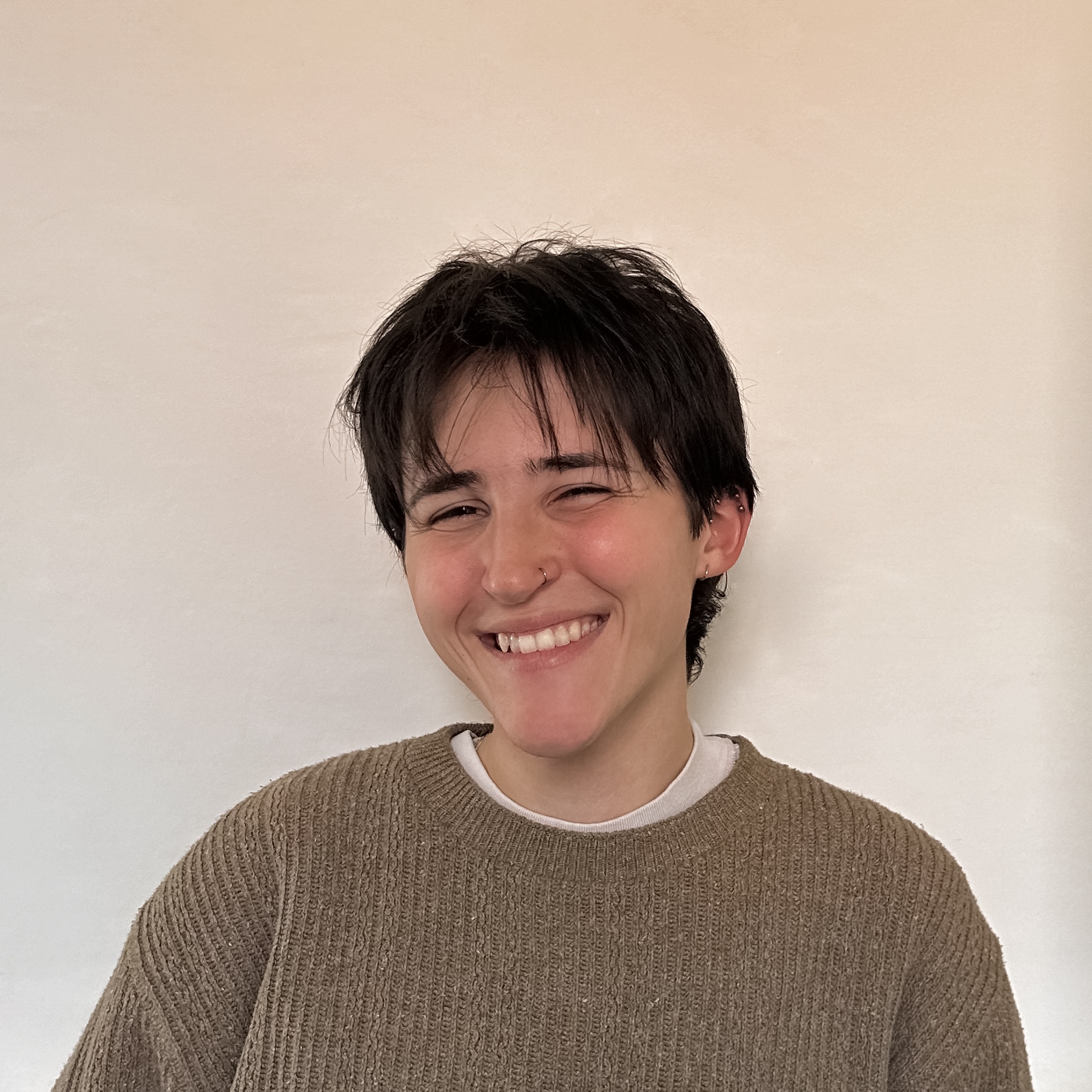
Ava Quasney
- Scholar-elect
- United States
- 2025 MPhil Architecture and Urban Studies
- Magdalene College
I am a researcher with interests in disaster management, sustainable architecture, accessible design, and disability justice. I completed my undergraduate education at Williams College (class of 2025), where I majored in geosciences with a concentration in coastal and ocean studies. My academic career is guided by a deep curiosity about design in extreme environments, including both physical extremes (climate change, natural hazards, resource scarcity, and geographic isolation) and social extremes (crisis and conflict zones, cultural marginalization, and economic disparity). My undergraduate thesis mapped the effects of inundation on critical infrastructure in hurricane-prone coastal Louisiana, raising questions about infrastructure resilience (or lack thereof) in disaster zones. My MPhil research will investigate the architectural evidence of disability in protracted displacement, focusing on how displaced disabled individuals adapt to “temporary” residences and resist spatial violence.As a Deaf and multiply disabled researcher, my lived experiences profoundly inform my work and my commitment to adaptive design solutions that challenge structural inaccessibility and disability exclusion.
Previous Education
Williams College Geosciences
Eryk Salvaggio
- Scholar-elect
- United States
- 2025 PhD Digital Humanities
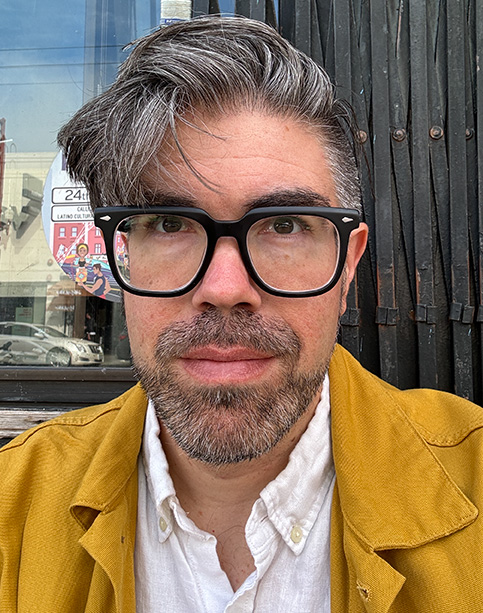
Eryk Salvaggio
- Scholar-elect
- United States
- 2025 PhD Digital Humanities
I've worked in art and technology for more than 25 years. Since 2018, I've embraced digital humanities as a lens to examine assumptions about generative AI in policy, pedagogy, and design. My research frames generative AI as digital humanities in reverse. Where archivists grapple with organizing and preserving cultural memory, generative AI synthesizes generalities to create plausible representations of that memory. This raises fascinating questions about cultural meaning. Yet, we lack frameworks to articulate these questions, challenge these representations, or examine the practices that produce them. At Cambridge, my research will bridge archival approaches, media studies, and responsible data-training practices to produce these frameworks. Being named a Gates Scholar is an immense honor. As the first in my family to attend university, I earned degrees in New Media and Journalism from the University of Maine. I hold an MSc in Media and Communications from the London School of Economics, and in Applied Cybernetics from the Australian National University. I've been a Research Fellow at the Flickr Foundation, a Reporting Fellow at Tech Policy Press, and the Emerging Technology Research Advisor for the Siegel Family Endowment.
Previous Education
London School of Economics & Political Science (Un Media and Communications
Australian National University Applied Cybernetics
Keene State College Undeclared
Abigail Schipper
- Scholar-elect
- United States
- 2025 MPhil Engineering
- King's College
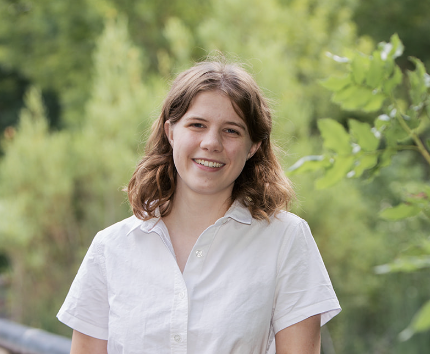
Abigail Schipper
- Scholar-elect
- United States
- 2025 MPhil Engineering
- King's College
I grew up in Portland, OR and attended MIT where I earned an S.B. in Engineering, concentrating in Mechanical Engineering and Biomedical Devices. When I entered college in the Fall of 2020 in the middle of the COVID-19 pandemic, I wanted to help in whatever way I could, so I began volunteering as an Emergency Medical Technician with MIT Emergency Medical Services. I provided treatment and transport for people who called 911 throughout the Boston area. My experiences on the ambulance revealed to me many of the systemic issues in the emergency medical system, and I began pursuing opportunities to try and fix these issues. I researched novel drug delivery devices for areas with limited surgical capabilities and I started an organization, LifeSaveHer, that seeks to eliminate the gender disparity in out-of-hospital cardiac arrest survival rates. At Cambridge, I’ll be studying health care systems engineering, focusing on pre-hospital trauma systems in low and middle income countries. My goal is to make more equitable and efficient pre-hospital systems that can improve community safety and wellbeing.
Previous Education
Massachusetts Institute of Technology Engineering
Annie Shelton
- Scholar-elect
- United States, United Kingdom
- 2025 PhD Plant Sciences
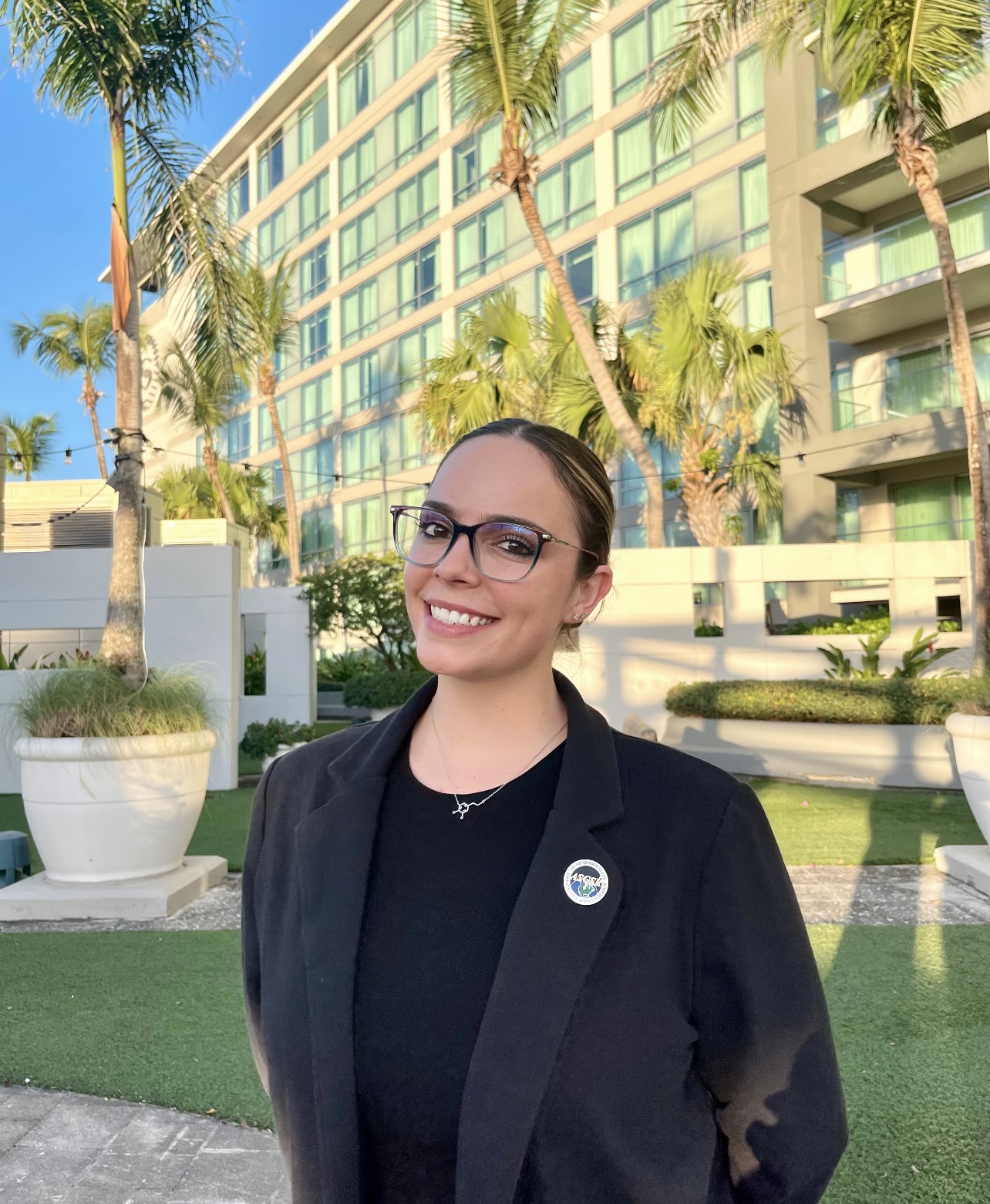
Annie Shelton
- Scholar-elect
- United States, United Kingdom
- 2025 PhD Plant Sciences
I am committed to supporting the growth and survival of humans in space and on Earth by enabling access to fresh and nutritious food that is sustainably produced. My determination to grow plants in space initiated during my undergraduate studies at the University of California, Riverside where I achieved a BSc in Neuroscience with a minor in Plant Biology. Driven to learn more about how food is produced on a large scale led me to pursue a Master’s in Integrative Plant Science concentrated in Controlled Environment Agriculture at Cornell University. During my PhD in Plant Science, I aim to bridge fundamental and applied research. My research will investigate the engineering of plant circadian rhythms and controlled environments to enhance photosynthetic efficiency for resilient food production in space and on Earth. Using space agriculture as a platform to scale lab-based discoveries will not only address the challenges of food security on Earth but also drive the technological advancements required for future space missions. As we push the boundaries of agriculture in extreme environments, we contribute to the growing need for resilient food systems on Earth and play a critical role in supporting human survival beyond our planet.
Previous Education
Univ. of California, Riverside Neuroscience Minor Plant Bio
Cornell University Integrative-Plant-Science-CEA
Carsyn Shirk
- Scholar-elect
- United States
- 2025 PhD Music
- Peterhouse
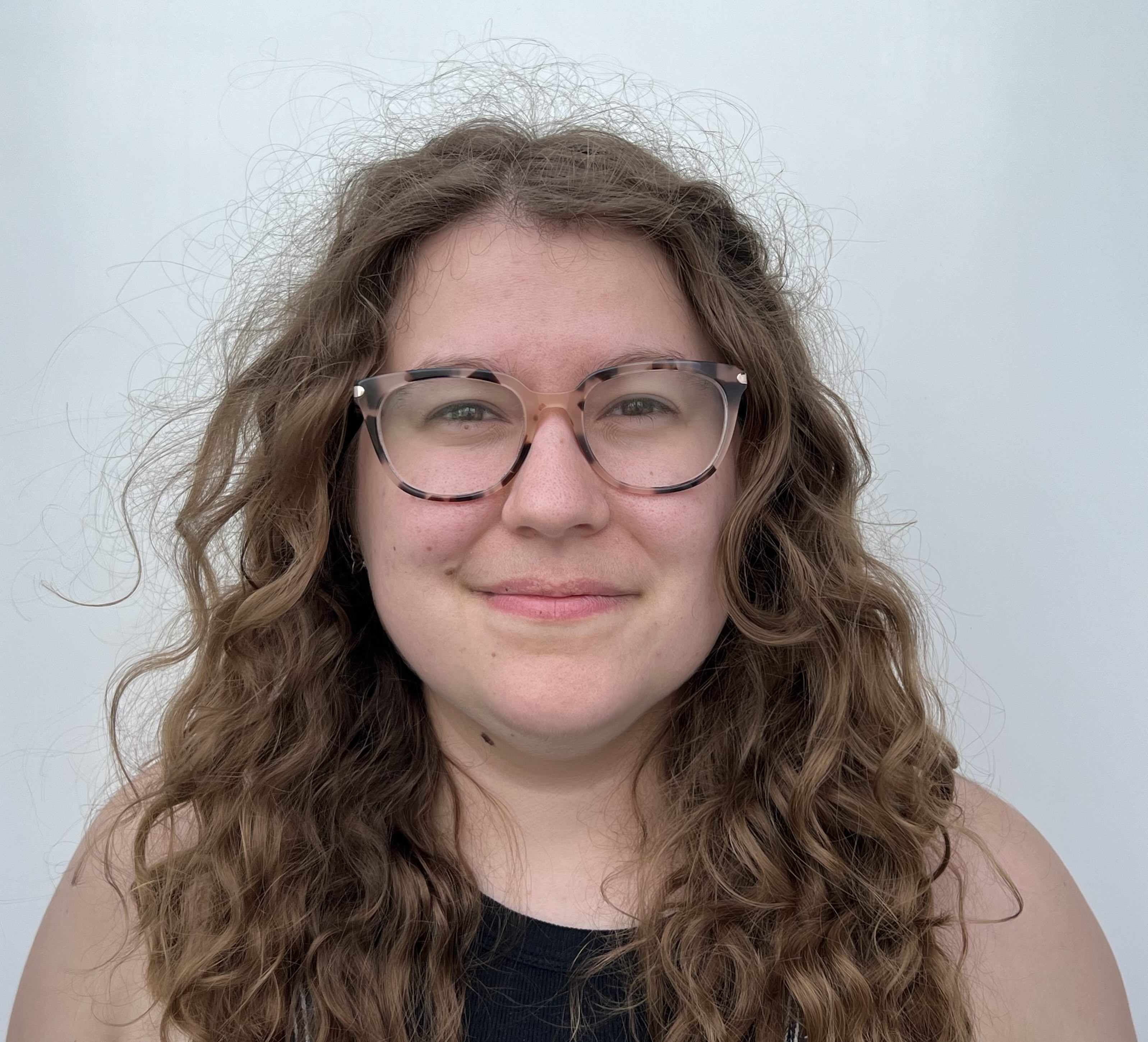
Carsyn Shirk
- Scholar-elect
- United States
- 2025 PhD Music
- Peterhouse
My research investigates the expression and perception of identity through musicking. With research interests surrounding gender, sexuality, race, religion, and disability, I study what experiences on the margins can teach us about identity's role in systems of belief and power. As an undergraduate at Louisiana State University and MPhil student at Cambridge, I focused on the foundational jazz composer and pianist Mary Lou Williams, investigating how her spiritual, supernatural, and parapsychological experiences affected her music-making and career choices. During my PhD in Music, I will continue investigating identity by exploring individual and institutional experiences of power dynamics and identity performance in American Christianity. This research will center on LGBTQ+ musicking and interdenominational choir efforts as case studies of institutional repentance and musical identity formation.
Previous Education
Louisiana State University & Agricultural & Mechan Music (Academic Studies
University of Cambridge Music
Tess Stanley
- Scholar-elect
- United States
- 2025 PhD Physiology, Development and Neuroscience
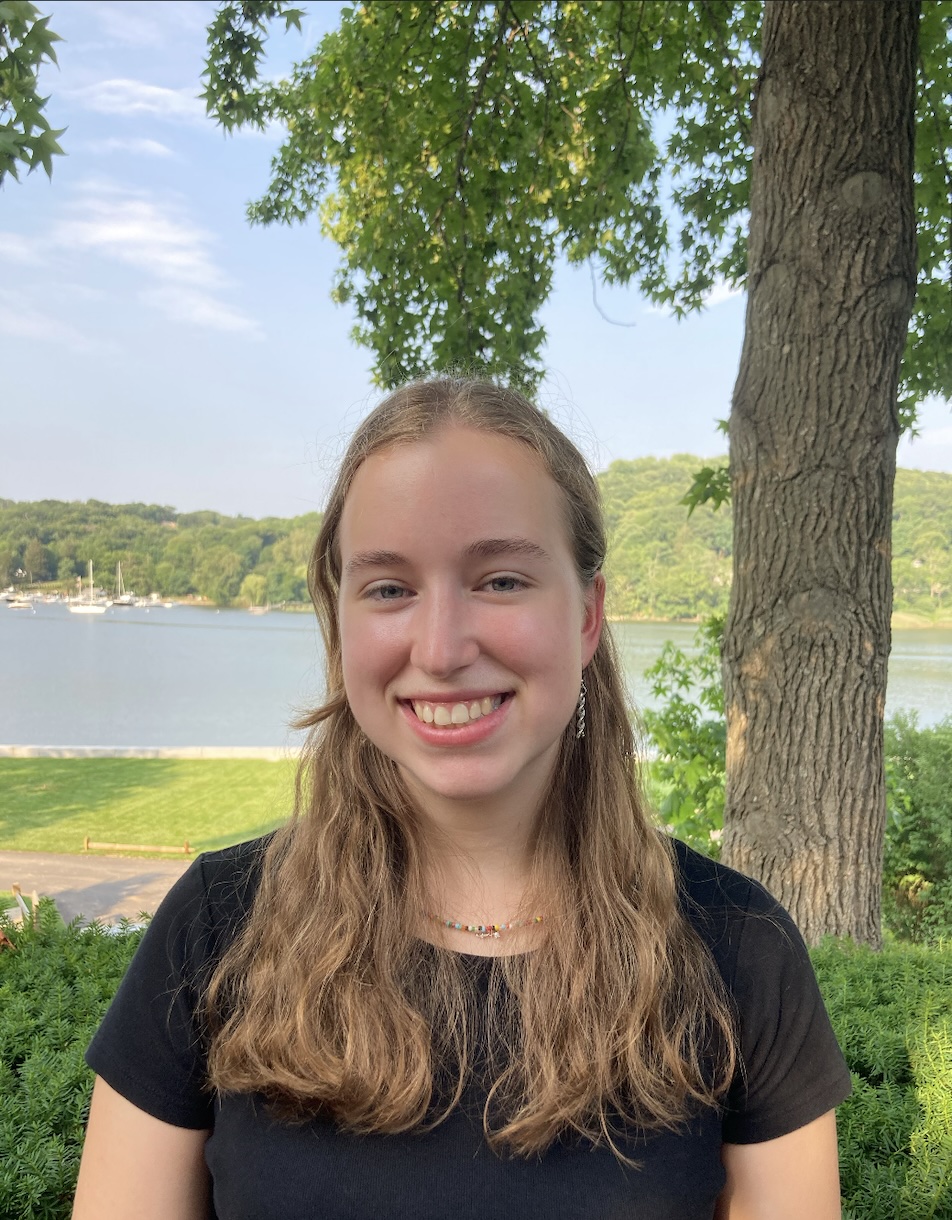
Tess Stanley
- Scholar-elect
- United States
- 2025 PhD Physiology, Development and Neuroscience
My curiosity for neuroscience grew from my love for mystery, recognizing the similarities between the intricate ‘whodunits’ I adored as a child and the body’s real life mystery: the brain. At Lafayette College, I pursued a dual degree in neuroscience and philosophy, investigating sensory hair cell function and death with Dr. Tamara Stawicki. There, I became interested in how the brain interacts with the sensory environment at the cellular level. My research with Dr. Lucas Cheadle at Cold Spring Harbor Laboratory deepened my interest in the fascinating world of neuron-glial interactions in brain development, plasticity, and disease. During my PhD in Physiology, Development, and Neuroscience with Dr. Elisa Galliano’s lab, I will investigate how microglia drive neuronal plasticity in the olfactory system. Through this work, I aspire to uncover how diverse brain cells work together harmoniously and advance our understanding of glial activation in neurodegenerative diseases such as Parkinson’s disease. Additionally, I look forward to expanding my science accessibility outreach in the greater Cambridge community. I am honored and inspired to join the Gates Cambridge scholarship community.
Previous Education
Lafayette College Neuroscience
Varun Subramaniam
- Scholar-elect
- United States
- 2025 PhD Psychiatry
- Darwin College
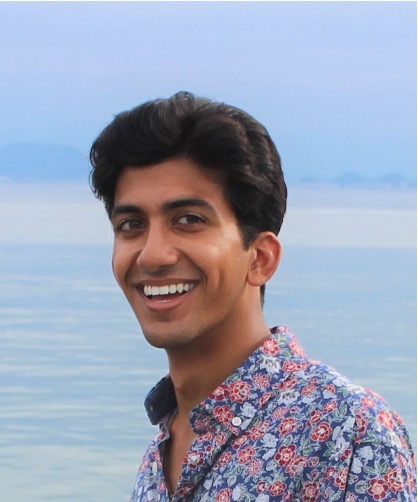
Varun Subramaniam
- Scholar-elect
- United States
- 2025 PhD Psychiatry
- Darwin College
I am a medical student at the Icahn School of Medicine at Mount Sinai specializing in functional neurosurgery for psychiatric disorders. Within Sinai’s Center for Advanced Circuit Therapeutics (C-ACT), my research explores neuromodulation at the molecular, circuit, and clinical levels. As a Gates Cambridge Scholar, I will work with Professor Valerie Voon to identify neural biomarkers of compulsivity—a transdiagnostic trait underlying conditions such as OCD, substance-use, and eating disorders—using high-fidelity recordings from the live human brain. These biomarkers could inform novel neuromodulation targets, advancing precision treatments for compulsivity-driven disorders.
Previous Education
Stanford University Computational Biology
Icahn School of Medicine at Mount Sinai Medicine
Elena Tiedens
- Scholar-elect
- United States
- 2025 MPhil Polar Studies
- Clare College
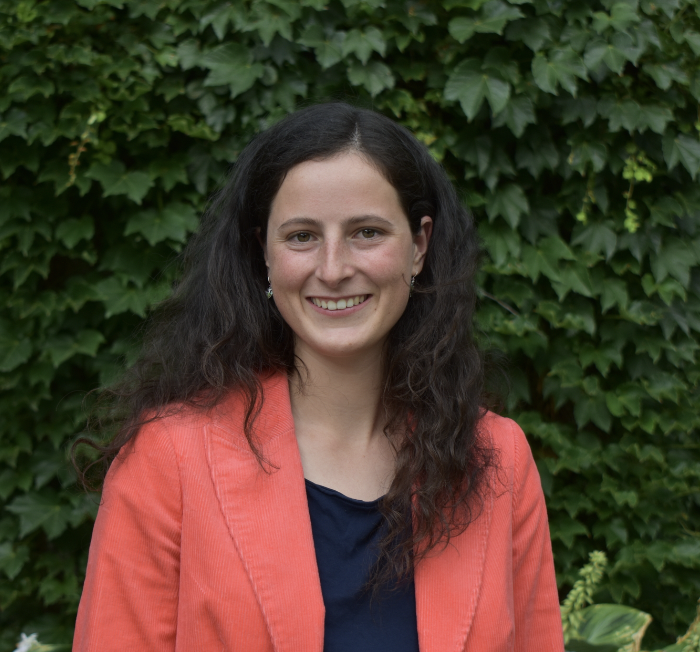
Elena Tiedens
- Scholar-elect
- United States
- 2025 MPhil Polar Studies
- Clare College
As an undergraduate at the University of Chicago, I studied History with a concentration in environmental history. Throughout my time at UChicago, I became interested in the Arctic as a region that has seen the most extreme warming from anthropogenic climate change, and increasing mineral and hydrocarbon extraction. At Cambridge’s Scott Polar Research Institute, I will continue my study of the Arctic with a specific concentration on the history of infrastructure in the Russian Arctic. I seek to explore how a wide variety of infrastructures were repurposed at the fall of the Soviet Union to build the modern Russian Arctic – and in turn, shaped the dynamics of the global Arctic in the age of climate change. I hope my work will contribute to conversations about the future of infrastructure in a climate-changed world and the dynamics of energy and extraction in the global Arctic. I am looking forward to learning from my professors and fellow students at the Scott Polar Research Institute who will enhance my understanding of the region, and its histories and cultures. I am also excited to join the Gates Cambridge community where I will be surrounded by people with boundless intellectual curiosity and a dedication to helping the world.
Previous Education
University of Chicago History
Alexandria Nicole Velasco
- Scholar-elect
- United States
- 2025 MPhil Archaeology
- Christ's College
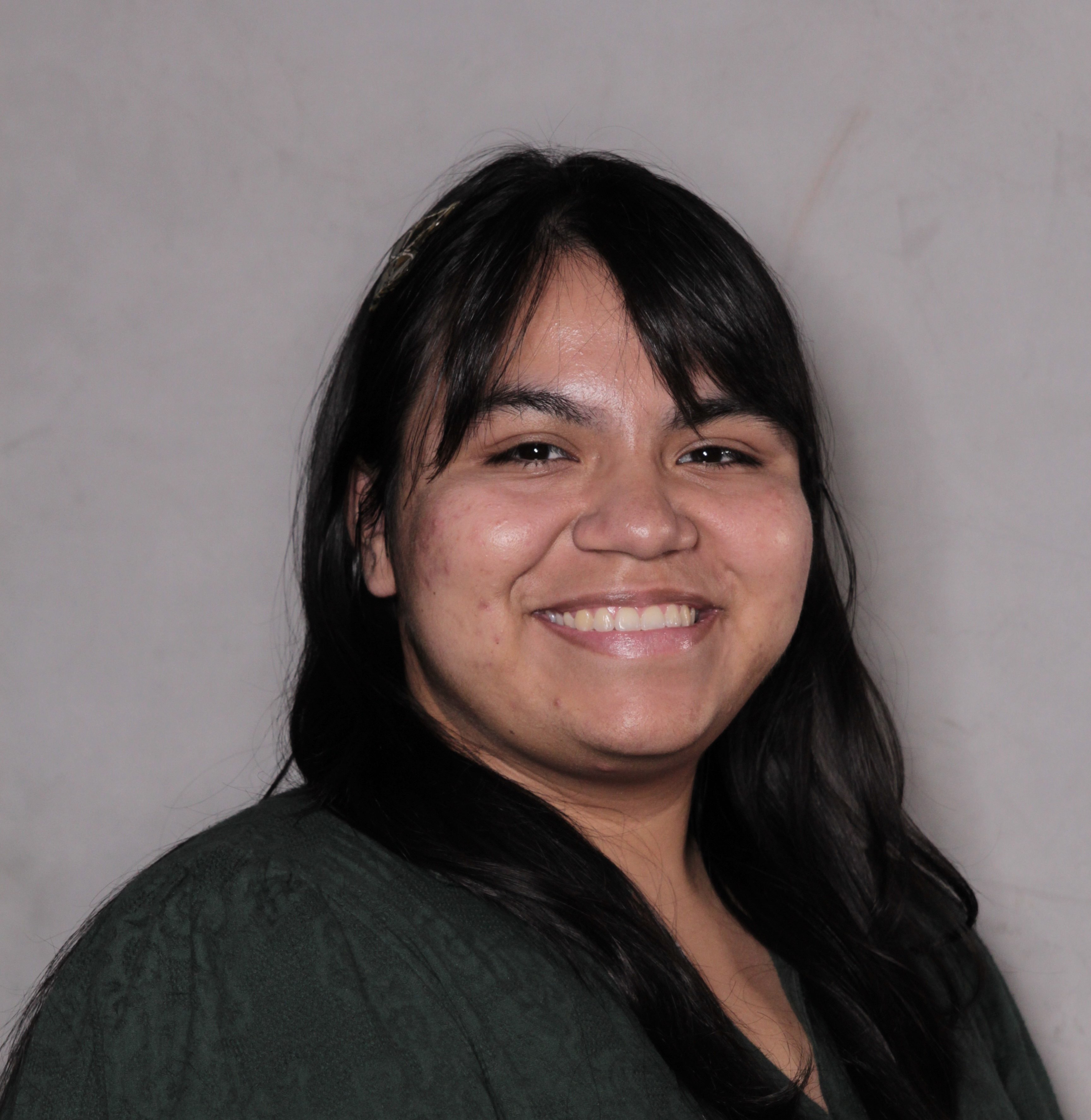
Alexandria Nicole Velasco
- Scholar-elect
- United States
- 2025 MPhil Archaeology
- Christ's College
I was born and raised in Los Angeles and attended the University of California, Los Angeles, where I completed a B.A. in Anthropology, with a minor in Spanish and Chicana/o Studies. From the start, it was clear that I love history! And I am excited by the prospect of being in the same spaces where ancient people once lived and grappling with the essence of those who came before us. At the University of Cambridge I will study the Archaeology of the Americas, with a particular focus on North America and Mesoamerica. My experiences and coursework at UCLA have equipped me with a deep appreciation for the complexities within the various social and ethnic groups which compose Los Angeles, California, and beyond. My purpose in studying Archaeology is to dig deeper (literally and figuratively!) into the history of underrepresented and indigenous communities, attempting to understand what exactly is our past, and how we can use it to plan and perfect our future. I’m excited and honored to be joining the Gates Cambridge community and attend the University of Cambridge, and hope to contribute to all the historically significant impacts made by scholars worldwide.
Previous Education
University of California Los Angeles Anthropology
Catherine Wagner
- Scholar-elect
- United States
- 2025 MPhil Data Intensive Science
- Corpus Christi College
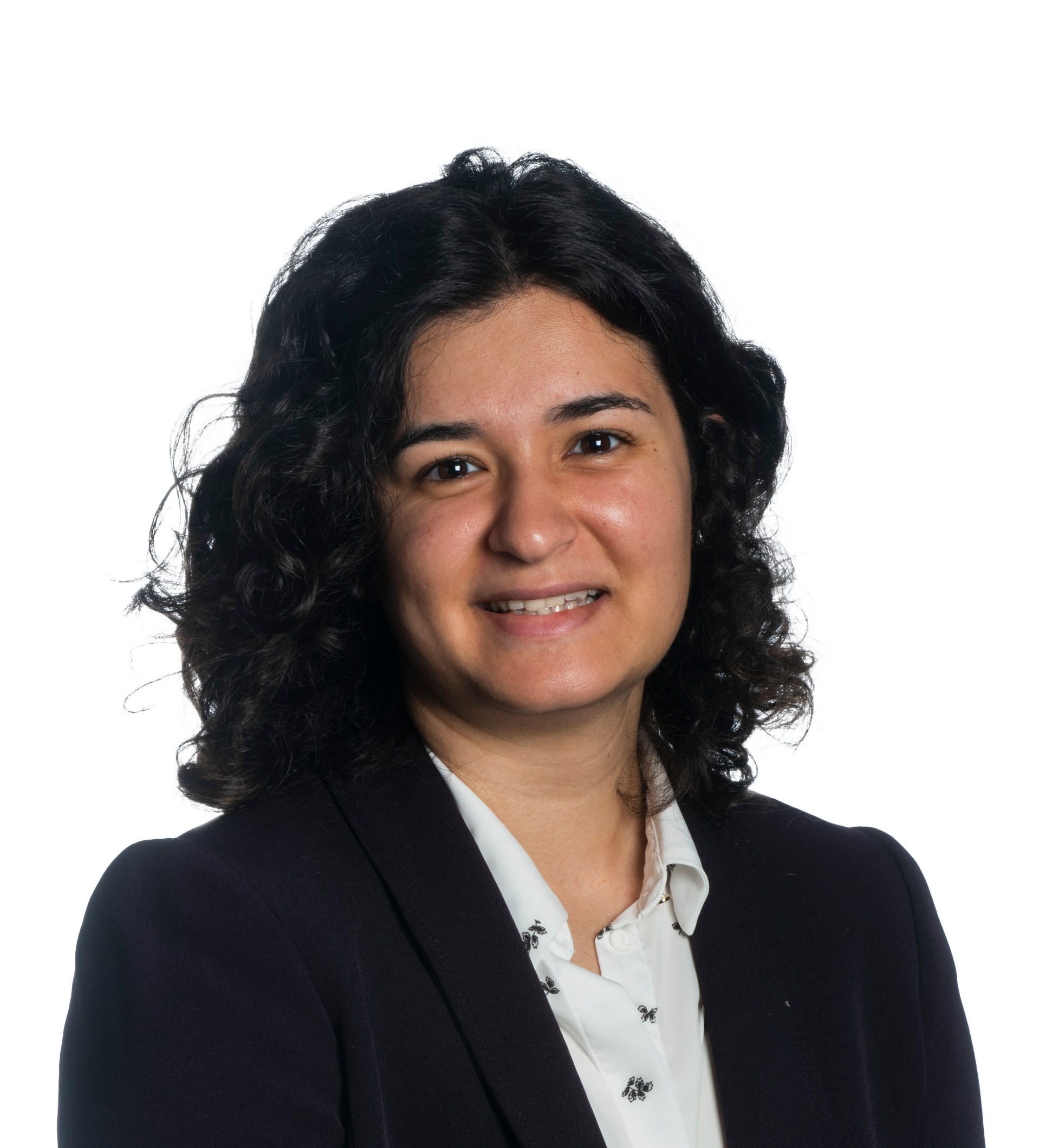
Catherine Wagner
- Scholar-elect
- United States
- 2025 MPhil Data Intensive Science
- Corpus Christi College
While studying Chemical Engineering and Spanish Language and Literature at North Carolina State University, I developed an interest in vaccine manufacturing and the complex societal factors that determine global access to vaccination. After graduation, I spent three years in the Merck Manufacturing Leadership Development Program, supporting critical projects in the U.S. and abroad; I subsequently became an Operations Manager. I have also volunteered with the Purdue University Biotechnology Innovation and Regulatory Science (BIRS) program as an industry guest lecturer, working to equip students in sub-Saharan Africa with the skills to launch localized vaccine manufacturing. My career has given me insight into the vast amounts of data generated by complex processes, and I am keenly interested in leveraging this data to move the field forward. During my MPhil in Data Intensive Science at Cambridge, I will explore how data science can streamline pharmaceutical manufacturing, contributing to higher yields, lower costs per dose, and ultimately greater access for patients. I’m excited to join the Gates Cambridge community and look forward to collaborating with passionate scholars to improve the lives of others around the world.
Previous Education
North Carolina State University Biomanufacturing
North Carolina State University Spanish Language & Literature
Molly Williams
- Scholar-elect
- United States
- 2025 PhD English
- Emmanuel College
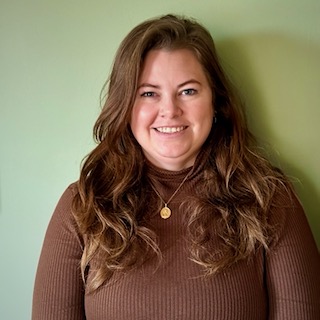
Molly Williams
- Scholar-elect
- United States
- 2025 PhD English
- Emmanuel College
I grew up in rural southern Illinois and earned a Bachelor’s and an MFA in Creative Writing while building a career as an author and lecturer. My work explores the cultural and historical dimensions of horticulture through public-facing scholarship.Over the years, I developed a deep passion for archival research. My work has taken me to archives across the U.S. and the United Kingdom, as well as various historical sites and societies, where I have explored the intersections of literature, botany, and environmental ethics.During my PhD in English, I am expanding this research by examining controlled environments—glasshouses, conservatories, and container gardening—in nineteenth-century popular literature. These spaces provide insight into ecological intervention, gendered interactions with nature, and the tensions between the wild and the cultivated. Through this research, I aim to contribute to discussions on the Anthropocene, environmental stewardship, and literature’s role in shaping human relationships with nature.
Previous Education
Columbia College Chicago Fiction Writing
Emerson College Creative Non-Fiction
Amber Wilson
- Scholar-elect
- United States
- 2025 PhD Zoology
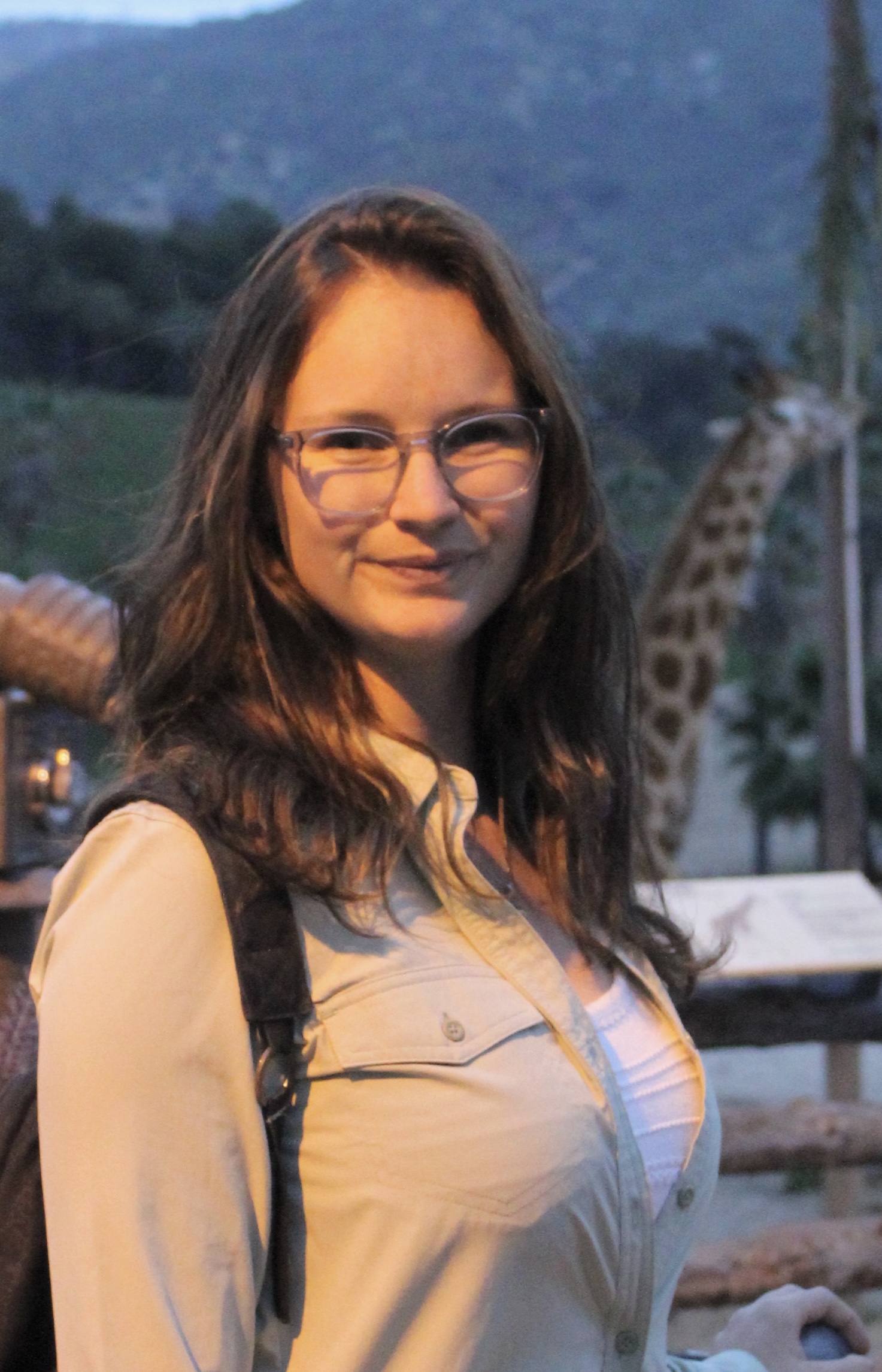
Amber Wilson
- Scholar-elect
- United States
- 2025 PhD Zoology
Growing up as the child of a South African and Zimbabwean, my nights were filled with legends of the native wildlife. I developed a deep appreciation for biodiversity. My time at Colorado State University helped clarify my path forward. My courses opened my eyes to the beauty of the natural world and my work in the Animal Molecular Genetics lab honed my scientific passion. It was here that I realized my aptitude for science could aid the fight against extinction.My defining career goal is to lead a research team dedicated to studying reproduction on a molecular level with the objective of developing strategies to preserve biodiversity and prevent species extinction. At the University of Cambridge, my PhD project would focus on defining the composition of transcriptional condensates within a well-known pathway responsible for explosive cell proliferation. With implications in cancer research, in-vitro fertilization, and RNA therapeutics, this project is a step on the path towards protecting both humans and the animal kingdom.
Previous Education
Colorado State University Biochemistry
Colorado State University Biomedical Sciences
Joshua Yang
- Scholar-elect
- United States
- 2025 MPhil Modern South Asian Studies
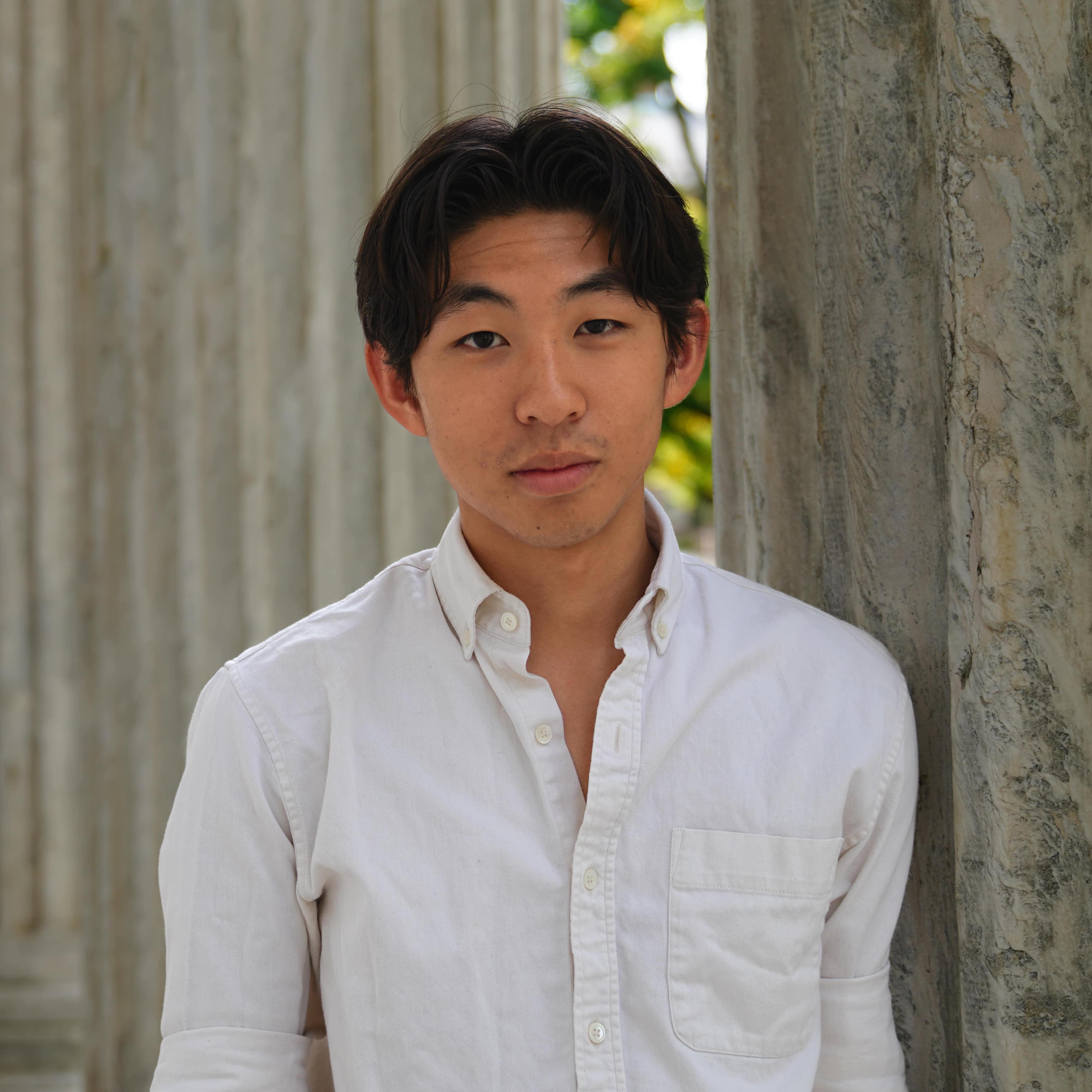
Joshua Yang
- Scholar-elect
- United States
- 2025 MPhil Modern South Asian Studies
I am interested in questions of belonging and marginality, particularly with regards to those who exist within, and help define, the periphery of the nation-state. My current research examines the long-term sociopolitical impacts of Hindu mob violence targeting Muslims in India, which implicates questions of Indian secularism, citizenship, and national identity. I studied moral and legal philosophy at Princeton University; my senior thesis examined the nature of our obligations to obey the law. Throughout my undergraduate years, I also worked as a freelance reporter across West, South, and East Asia, covering everything from the aftermath of the Hong Kong pro-democracy movement to the Armenian diaspora in East Jerusalem. At the University of Cambridge, I hope to draw upon my experiences as both a philosophy student and a journalist to inform my historical and ethnographic research in the MPhil program in Modern South Asian Studies.
Previous Education
Princeton University Philosophy
Rachel Zhang
- Scholar-elect
- United States
- 2025 PhD Applied Mathematics and Theoretical Physics
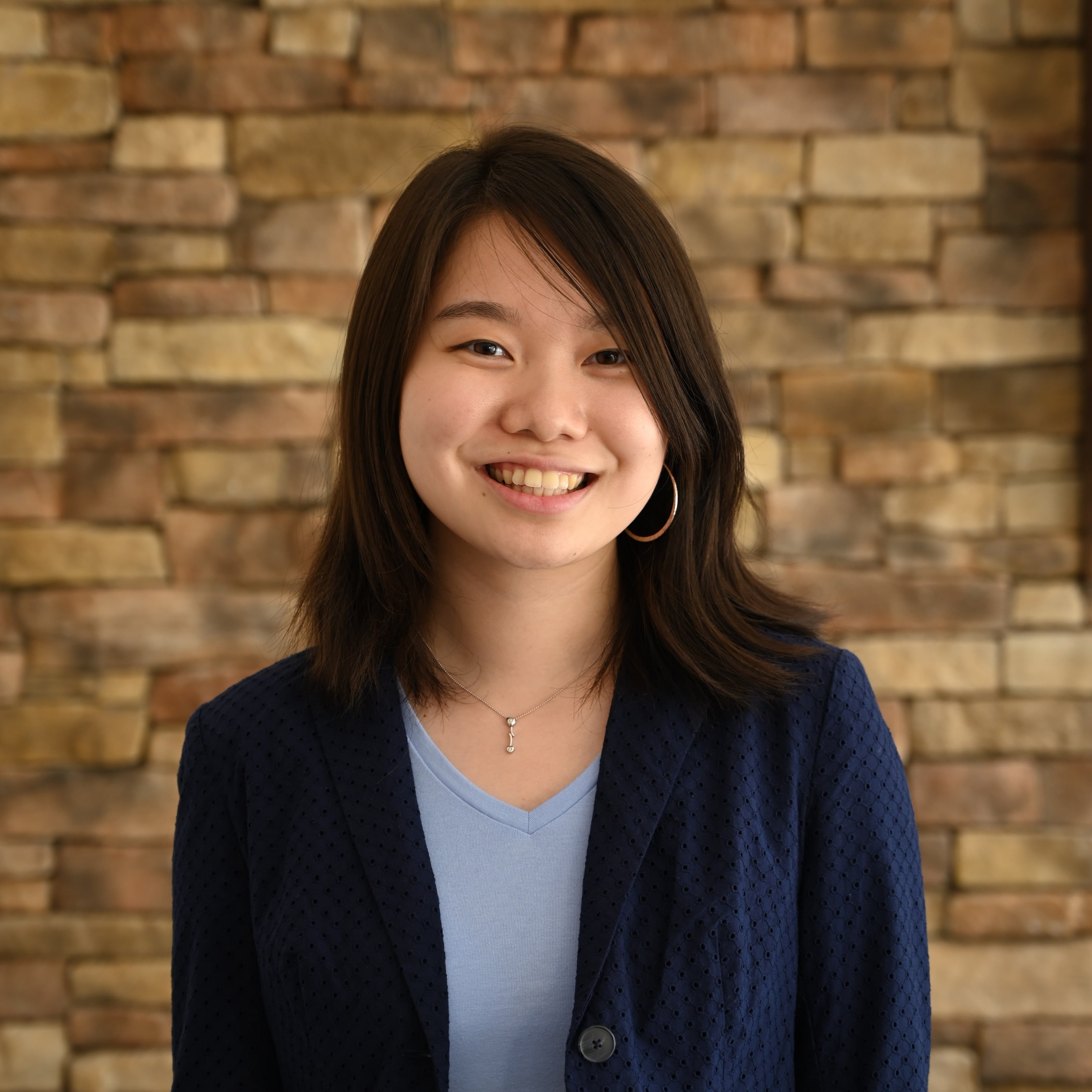
Rachel Zhang
- Scholar-elect
- United States
- 2025 PhD Applied Mathematics and Theoretical Physics
There’s a special thrill when a difficult concept I have been trying to understand finally clicks. I chased this feeling as an undergraduate studying physics at the Massachusetts Institute of Technology and fell in love with the mathematical rigor physics uses to explain fascinating phenomena. After starting a PhD in astronomy at Northwestern University, a research internship at the Center for Computational Astrophysics in the Flatiron Institute encouraged me to pivot towards machine learning research, leading me to leave the program with my Master's. During this internship, I worked on machine learning for astronomy and realized how impossible it is to understand the insights these models gain when treated as black boxes. This revelation sparked my passion for interpretability—breaking down what information successful machine learning models have actually learned. As a PhD student at the University of Cambridge, my research will focus on developing tools to peer inside these black boxes in physics and astronomy, with hopes to extend these methods to other fields. I am incredibly honored to join the Gates community and will work hard towards ensuring AI serves as an insightful partner in advancing scientific discovery.
Previous Education
Massachusetts Institute of Technology Physics
Northwestern University Astronomy








